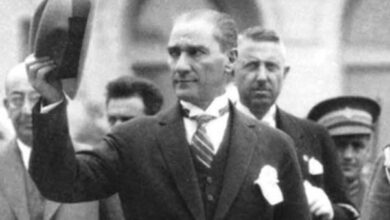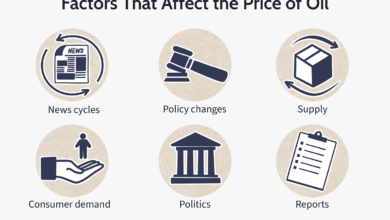History Today: Reasons why US almost invaded the Kingdom of Saudi Arabia

Three decades before America invaded Iraq, it almost invaded the kingdom of Saudi Arabia. The ending months of 1973 were desperate times. The Arab-oil producing countries had placed an embargo on the US in October; possibly in retaliation of the US military’s support to Israel during the Yom Kippur War.
By the time the embargo came to an end in March 1974, the damage had already been done. World prices had increased by four fold, which triggered years of inflation and recession. No American who lived during the 1970s will ever forget the long lines found at gas stations that flew green or red flags to indicate whether they had fuel or not. With todays gas prices plummeting and oil markets glutted, it’s difficult to remember that there was a period when Americans could only obtain gas on some particular days depending on whether their license plates had even or odd numbers.
The world had turned upside down. From previously being resource producers at the mercy of powerful Western states and oil conglomerates, the oil-rich countries turned global kingpins overnight, blessed with so much money that they could barely spend it and armed with the world’s most powerful weapon which they barely had the know-how to operate it significantly. The world shook before the Organization of Petroleum Exporting Countries (OPEC), whose members mostly composed of Middle East countries who called the shots of the global economy with oil.
Like the rest of the world, the US had no option but pay for the inflated prices of oil. But rather than paying the money, what if the United States had planned to seize the Middle East oil? In 2004, declassified British documents brought to light that the United States had considered seizing the Middle East oil using their military.
Though no actual military contingencies were mentioned, the documents revealed that British Leaders were worried after a leaked conversation between Lord Cromer, the British ambassador to the US and James Schlesinger the US secretary of defense.
Schlesinger made it known to Cromer that it was no longer apparent to him that the US could no longer use force. An interesting result of the Middle East crisis was that the idea of the industrialized nations submitting to the whims of the under populated and underdeveloped countries, especially those in the Middle East might lead to a change in public opinion about the use of power that the US and its alliance possessed.
British Prime Minister Edward Heath was worried by Schlesinger’s tough talk, as well as hints of brute force from Secretary of State Henry Kissinger, to order a British estimate of US intentions.
Britain’s intelligence estimated that seizing oil fields which total up to twenty eight billion tons in reserves would have been adequate to supply the US and its allies. However, the report warned that the occupation would last up to a decade whiles the West worked on developing alternatives.




